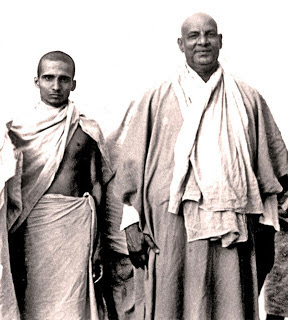What is Knowledge : Ch-5-14.

Chapter 5: Maintaining One's Position-14. But the conditions that the mind expects in order that it may be healthy, happy, or peaceful – for its wholesome existence and satisfaction – are determined by factors which are supermental. These are conditions which go beyond the mind itself. We cannot know why we wish to have peace of mind at all. Why do you cry for peace of mind? Let it not be there; what does it matter? You cannot answer this question. You very stubbornly and arrogantly assert: "I want peace of mind" – as if you know all the things in the world when you have said this, and there is nothing more to say. The requirements of the mind in association with the body that make you a psychophysical organism – the requirements of this situation of yours – depend upon the very structure of the universe. You are not such a free person as you imagine, though there is nothing to prevent you from being ultimately free if you are going to be in a proper p






